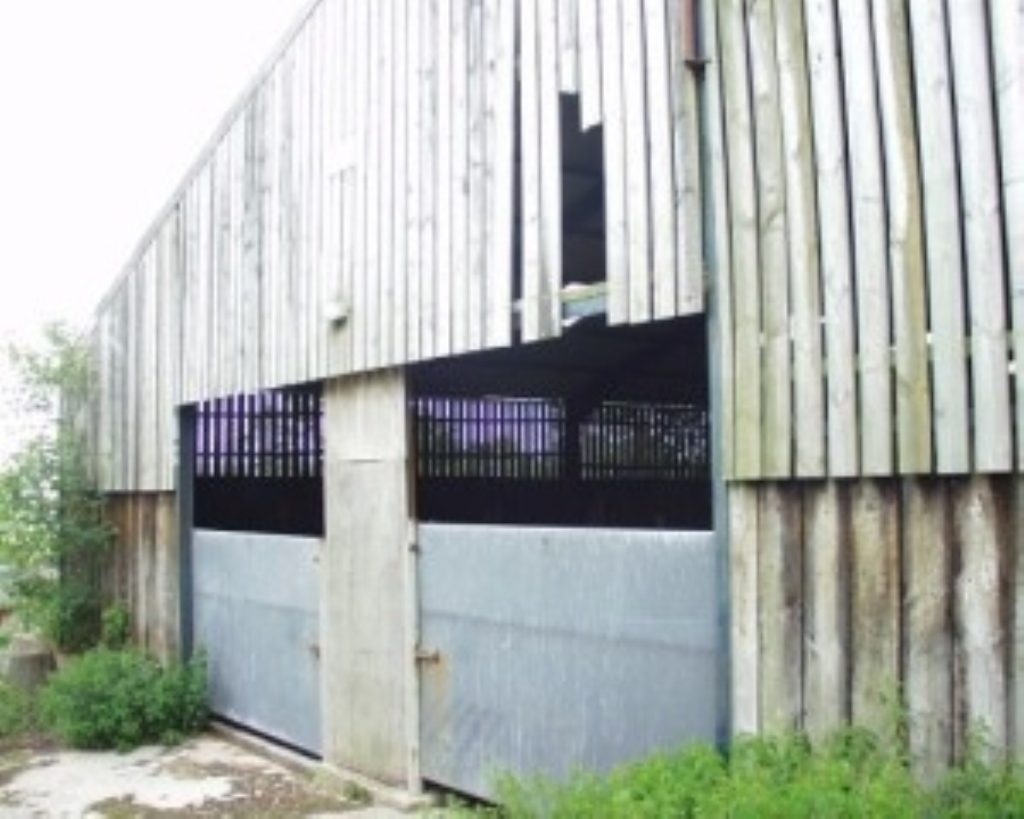CAP reforms agreed
The European Union has thrashed out an agreement to radically reform the Common Agricultural Policy (CAP).
The deal follows three weeks of talks and will see the end of the subsidies paid to farmers for how much produce they grow. The CAP has been criticised by many for rewarding farmers for overproducing and creating Europe’s food and drink mountains.
Although the deal will see the end of the subsidies the final agreement is much watered down from the original proposals. The deal will see the abolishment of many of the subsidies, but countries will be allowed to keep some subsidies to stop farmers abandoning the land.
Liberal Democrat Shadow Agriculture Minister, Andrew George was guarded with his praise about the agreement. He argued that the deal was a fudge because it created an ‘uncommon policy’ as the reforms will be applied differently across the European Union.


Mr George commented, “The CAP is now becoming an uncommon policy in that it will now be applied differently across each farming nation, as time lags for implementation have been negotiated. There has only been a partial uncoupling of payments for production when the aim should be nil production subsidies.”
National Farmers’ Union (NFU) President Sir Ben Gill expressed concerns about some details of the reform. He was concerned that allowing countries different policies on decoupling subsides from production levels would create a distorted market across Europe.
Speaking from Luxembourg, Sir Ben stated: ‘This is a historic turning point in the Common Agricultural Policy. But as ever the devil is in the detail. Because so many options have been given to member states we could end up with a patchwork of different policies operating across Europe which could lead to market distortions.’
The NFU stated that it would be calling on the Government for complete decoupling in England but warned the Government and the European Commission to be vigilant to ensure that the countries who reform the most do not lose out.
Farmers from outside the EU have been heavily critical of the ?45 billion paid to European farmers each year because it means that they cannot compete with the low prices of European produce.
Africa and the US have been the most outspoken about the EU’s farming subsidies arguing that they have to compete in an unfair market.
The reforms had been originally proposed by the EU’s Commission for Agriculture, Franz Fischler. Mr Fischler wants CAP to be reformed so that the subsidies can meet world trade rules and not be accused of protectionism.
However, UK shadow international development secretary, Caroline Spelman MP claimed that there had been “a complete lack of political will” to tackle the problem of export subsidies as part of the deal on CAP reform.
And Oxfam argued that the reforms would continue to allow EU farmers to flood the markets with cheap produce and destroy the livelihoods of poor people around the world.
Phil Bloomer, head of advocacy for Oxfam, criticised what the ‘decoupling’ agreement as ineffective, warning that farmers would simply use the money to boost the efficiency of their farms, making the market even more competitive for poorer producers.
He suggested that the EU and US were working together to protect their lucrative practice of dumping goods on international markets.
‘We believe that for the millions of poor people around the world, whose livelihoods are destroyed by the vast subsidies that are paid through the Common Agricultural Policy, there’s nothing in this deal for them’, Mr Bloomer said.
But the UK government insists that the final deal represents ‘an excellent agreement’.
‘Obviously in an ideal world people would like to do more, but given where we started from, we have done immensely well,’ DEFRA Secretary Margaret Beckett told BBC Radio this morning.
‘ The EU really has shown the courage to come to grips with what it needs to do to move into a modern and new CAP and to set a really good move for Doha and now this is a challenge for others who have to come to the World Trade Organisation talks in Mexico:’
‘It’s a challenge for them now to move, because the EU has moved substantially and far more, I think, than most people would have anticipated.’

